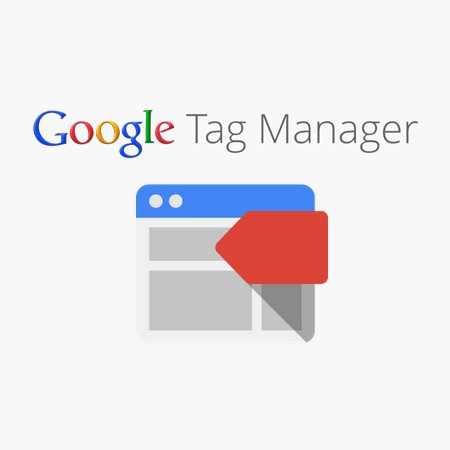
Three years ago, I had an extension built on the back of my house. I went through the usual process of getting quotes from a selection of builders and then chose one that was competitive and who I liked. Easy peasy lemonade. But everyone I knew who had gone through the same process told me that come the end of the project, I would hate that builder.
And they were right.
I still get nightmares about the project. Actually, I don’t, I love the extension, however it made me realise that there’s very little to prepare you for the build experience and this got me thinking about the parallels in the web design and development industry.
If you’re one of the many companies that outsources its web development, and why not, with so many creative and talented agencies up and down the country (*cough* us included) then you’re either about to go through, or have gone through, a tender process to select an agency that will produce your perfect website.
But how do you go about this without regretting your choice? What do you need to know up-front in order to find the right agency?
Never fear because a list is here in the form of my top eight tips for selecting a web development agency. Follow these and I’m confident that you won’t end up hating them come the end of the build.
1. Are their developers locally based?
If they are, have they used freelance developers from abroad or do they have a remote team working for them? This isn’t about the quality of foreign-based developers, more about communication and time to deliver the project.
Remote teams often work to their local office hours (I know, crazy!) so sometimes your requests and questions might not get answered until the following day.
2. Look at agencies in and outside of London.
Hourly rates will vary by location and agency. If you chose an agency outside of London, you could be paying almost half the price of what you would pay to have an agency within the capital. So what benefits would you get from a London agency?
You’ll be meeting them maybe once or twice in their office and then they’re likely to visit you – so what are the benefits of being based in London, really?
3. Consult the clients of your top two choices.
Take a look at the client list on their website and call a couple of them for references. If you ask them to provide you with details, they’ll share clients who they know will give them a good reference, so go direct.
4. Make sure that all necessary reporting is included as part of the brief and build.
This is everything from ensuring sales tracking is enabled to Google Analytics integration – make sure that they configure the analytics with your marketing team to ensure that either Google Tag Manager is implemented or that goals, events and conversions are set up (unless your marketing teams want to do this themselves).
5. Ask them what their project management process is like.
How they will be keeping track of the project and managing your expectations accordingly? Oh if only I had one of these when we had our extension built.
6. What are their ongoing costs?
You’re probably looking at support + maintenance, but are they also going to host your site too? If so, ask for their SLAs across the board.
As part of this research, find out how much autonomy you will have with managing the site on an ongoing basis. Can you schedule and publish new content, add new products or delete existing ones? Can you manage the stock, can you update pricing or add promotions and discounts etc.?
If they’ve built it so that it needs the support of a developer, you’re going to find your ongoing costs, and time to implement things, will grow.
7. Note that the price you’re quoted is unlikely to be the price you’ll end up paying.
Scope creep is common and suggestions to add new features and functionality arise from both sides during any project. Creating a detailed brief is so important in order to get an accurate quote – and to keep on track with costs. Also make sure that the process and cost structure for out of scope work is clearly defined.
8. When you’re looking at examples of work, try and find something close to what you want; not visually but functionally.
An agency that make amazing content-driven sites might not be so good at ecommerce for example. If your requirements include bespoke functions or integration with third party systems this might be tricky, but ask if they’ve done similar work, they may not have integrated a website with your epos system but they may have worked with others.
For those of you selecting a web development agency, good luck and I hope that this proved useful. Our contact details are below, give us a call. For those who have been through the process, what are your experiences of selecting a web agency? What should you look for and also avoid?



